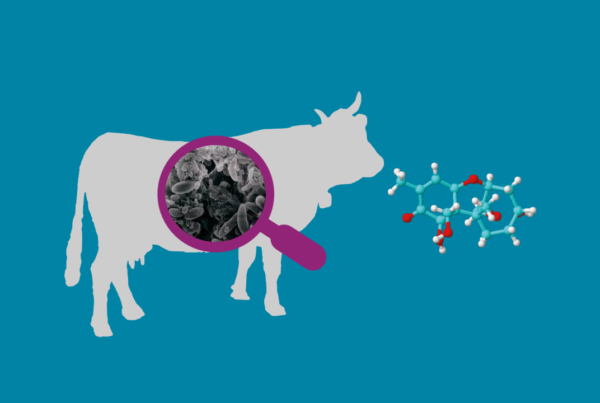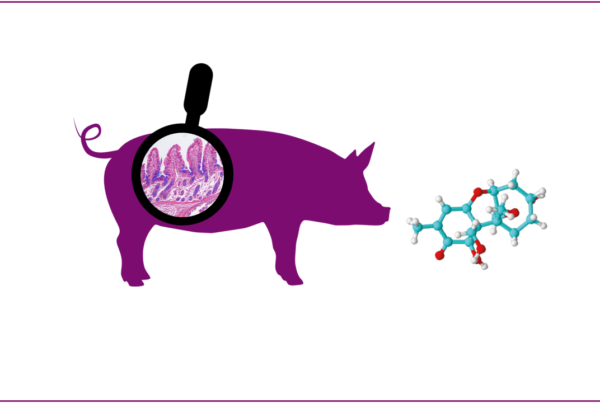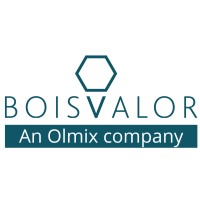Olmix Group and its partner Agrosfera hosted a scientific seminar in Voronezh, Russia, to address the main challenges of the dairy industry and how to face them through the biological activities of Olmix’s MSP®.
Attended by more than 70 farmers, the Olmix Scientific Seminar on Diary Production –co-organized with Agrosfera- was successfully held on the 5th December in the city of Voronezh, where the company aimed to discuss some of the biggest issues concerning dairy farming: environmental hygiene, gut health and mycotoxin risk, among others.
Thus, the programme first focused on those environmental factors that have a direct impact on the performance of animals and the importance to keep high-quality conditions to ensure their health and welfare.
“It is of utter importance that we keep very good environmental conditions of animals. This is indeed the way to solve many issues and challenges that we find in the farm, including also gut problems. Environmental factors have a direct impact on health, comfort and performance. Even if we do not address or identify any current disease in the farm, productivity of animals will be lower if they live under unhygienic conditions”, Mr Martin Greau, Olmix’s Technical Manager in Russia, explained.

Mr Martin Greau (Olmix Group).
As for gut health, specially when it comes to young ruminants, the expert raised the need to face this issue from the very first day of the production cycle and so prevent great consequences.
“Gut issues such as diarrhea can be the cause of events like death of calves and young ruminants. Diarrhea also leads to a decrease in water-salt balance and also slows the growth of the animal due to inefficient absorption of nutrients. This has also a big impact in economic terms. Thanks to research, Olmix Group has come up with a natural solution based on specific algae extracts, called MSP®MUCIN, which reinforces the intestinal barrier, prevents gastrointestinal related health troubles and facilitates digestion”.
The conference programme then countend on the participation of Mr Benoit Quero, French veterinarian, who step up on stage to shed light on the negative impact of mycotoxins on booth productivity and zootechnical performance of animals:

Mr Benoit Quero.
“Mycotoxicosis has become a global problem and has serious negative effects on zootechnical indicators. All types of animals in the world are exposed to mycotoxins. All animal species are vulnerable to mycotoxins, even at low doses, as polycontamination disrupts the immune system. To tackle this issue it is highly recommended to use a broad-spectrum adsorbent, since the mycotoxin infection profile is constantly changing. A good adsorbent should be equally effective against molecules such as deoxynivalenol and fumonisins, the size and structure of which make adsorption difficult”, Benoit explained.
The seminar closed with a dynamic discussion on how to contribute to the development of a sustainable and respecful food chain without the use of antibiotics, pesticides and chemical additives.

Participants of the Seminar.

Participants of the Seminar.




